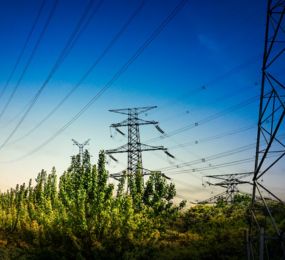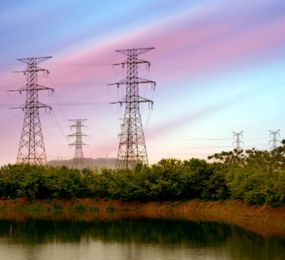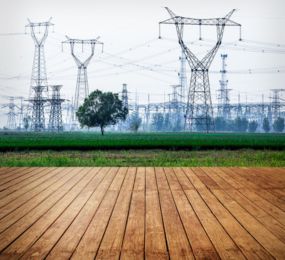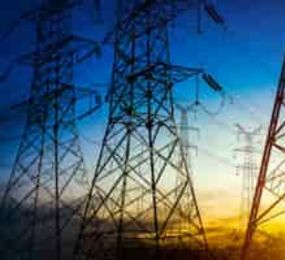Blockchain technology makes significant inroads into the energy sector, offering a secure, transparent, and efficient way to handle energy transactions. As power grids evolve and embrace decentralized energy generation, the complexity of managing energy exchanges has increased. Blockchain provides a solution that can ensure security, reliability, and trust in energy transactions, particularly in decentralized energy markets.
Enhancing Security and Transparency
One of the most critical challenges in energy trading is ensuring that transactions are secure and trustworthy. Blockchain, with its decentralized and immutable ledger system, ensures that all energy transactions are recorded transparently and cannot be altered or tampered with. Every transaction is cryptographically secured, making it almost impossible for hackers or malicious actors to manipulate the records. This increased security builds trust among participants in energy markets, such as producers, consumers, and grid operators.
Blockchain also increases transparency by allowing all stakeholders access to the same data in real time. Whether it is a utility company, a prosumer (producer-consumer), or a grid operator, all parties can monitor energy flows and transactions. This transparency is essential in decentralized energy markets where multiple small producers, such as solar panel owners, participate in energy trading.
Facilitating Peer-to-Peer Energy Trading
Blockchain also enables peer-to-peer (P2P) energy trading, where consumers can directly trade excess energy with others in their community. Smart contracts, a feature of blockchain, automate these transactions, ensuring that they are executed when specific conditions are met without the need for intermediaries. This automation reduces transaction costs and simplifies the trading process. Moreover, blockchain ensures that these trades are executed securely, transparently, and efficiently.
Improving Grid Management and Energy Efficiency
With blockchain-enabled energy transactions, grid operators can better manage the flow of energy in real-time. The decentralized nature of blockchain makes it easier to integrate renewable energy sources into the grid while maintaining stability and efficiency. By providing a reliable record of energy generation, consumption, and distribution, blockchain helps optimize grid operations and reduce energy losses.
Blockchain technology is proving to be a game-changer for secure energy transactions, enabling P2P trading, improving transparency, and enhancing grid management. Its integration into the energy sector will play a key role in driving the future of decentralized and efficient energy markets.
Visit our website to register and secure your spot today! click here: https://bit.ly/3peklYc
For more information and group participation, contact us: [email protected]
















